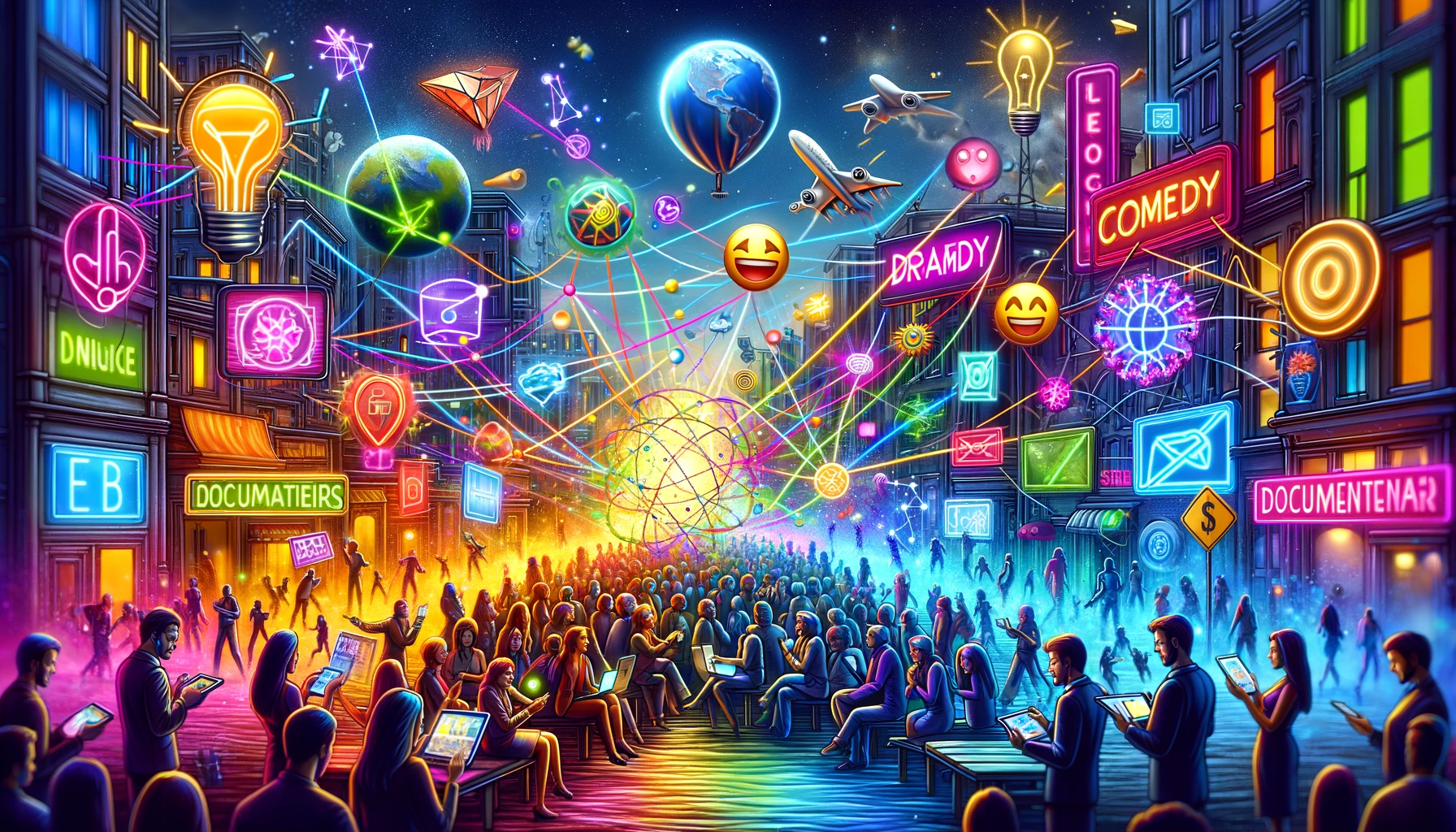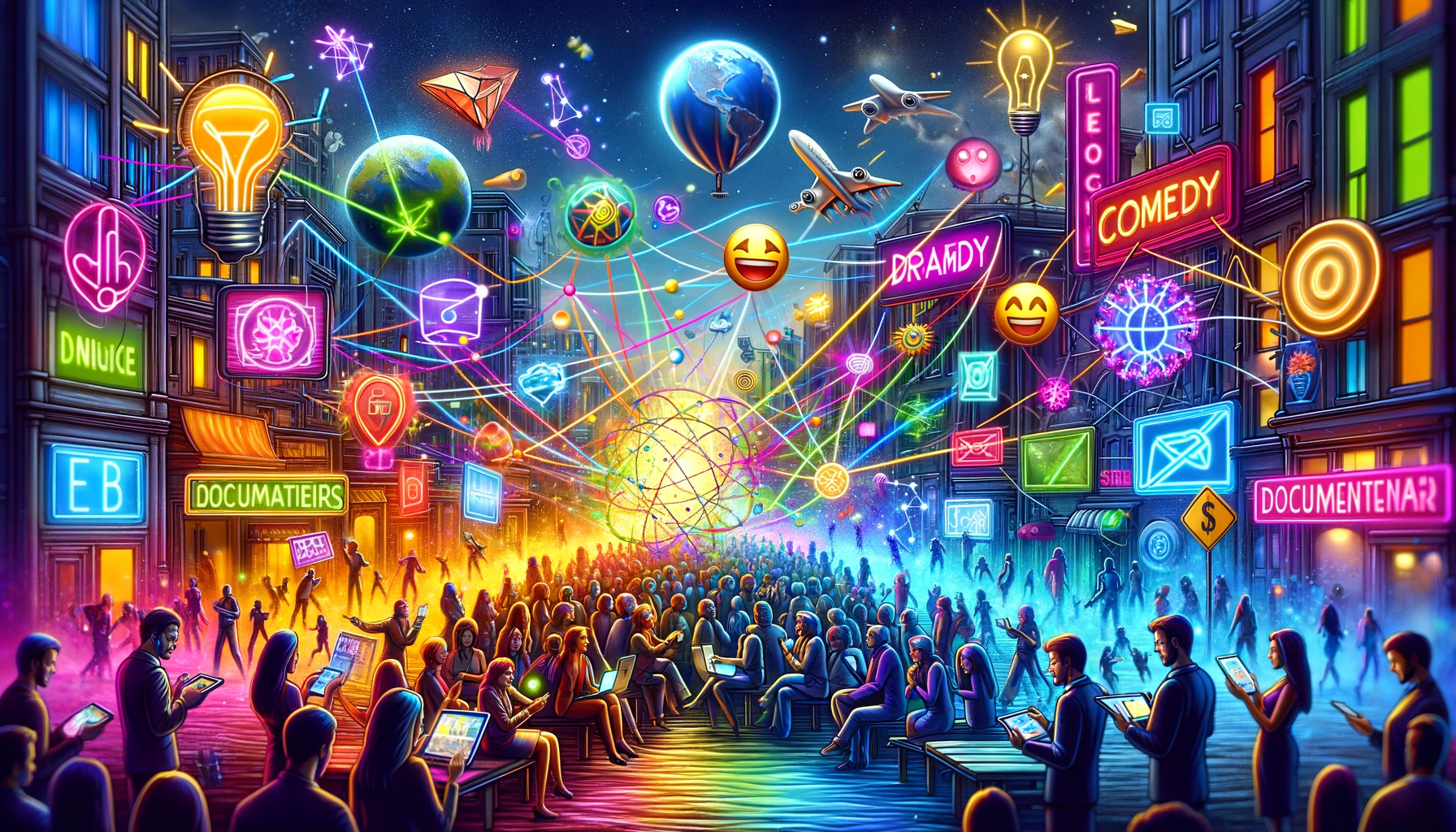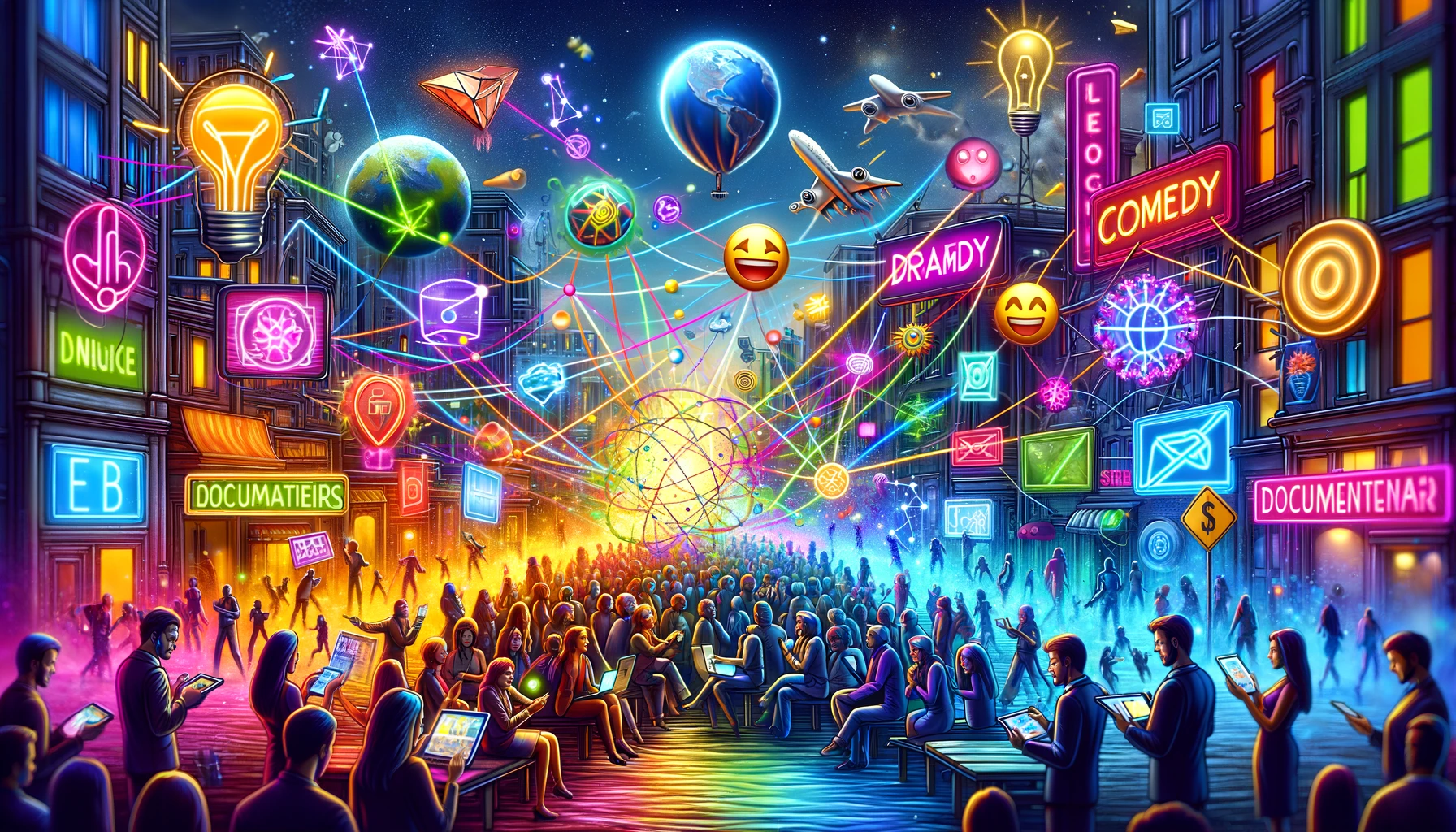Introduction
Have you ever watched a film based on a novel, comic book, or real-life event and wondered how the story transitioned from page to screen? That’s the magic of an adapted screenplay! In this article, we’ll break down everything you need to know about adapted screenplays—what they are, how they differ from original screenplays, the adaptation process, and why they matter in the film industry. Whether you’re an aspiring screenwriter, a filmmaker, or simply a movie buff, this guide will help you understand the art and craft of adaptation.
Table of content
- Introduction
- What is an Adapted Screenplay?
- Original vs. Adapted Screenplay: Key Differences
- Common Sources for Adapted Screenplays
- How Adapted Screenplays Are Written
- Challenges of Writing an Adapted Screenplay
- Famous Examples of Adapted Screenplays
- Why Adapted Screenplays Matter in Film Industry
- How Vitrina Helps with Adapted Screenplays
- Key Takeaways
- FAQs
Turn Your Story into a Blockbuster Adaptation

What is an Adapted Screenplay?
An adapted screenplay is a script written for a film or television show that is based on pre-existing material. This could include books, plays, articles, video games, or even real-life events. Instead of creating an entirely original story, screenwriters modify, restructure, or reimagine existing content to fit the cinematic format.
Adapted screenplays are a crucial part of the entertainment industry, often forming the foundation for blockbuster films and award-winning dramas. Some of the most celebrated films, including The Godfather, Forrest Gump, and The Lord of the Rings, were all adapted from novels.
Original vs. Adapted Screenplay: Key Differences
The primary difference between an original and an adapted screenplay is the source material:
- Original Screenplay: Created from scratch, with no prior source material (e.g., Inception, Get Out).
- Adapted Screenplay: Based on an existing story, requiring the screenwriter to interpret and reshape the material (e.g., The Social Network).
Each has its own creative challenges, but adaptations come with the additional task of staying faithful to the original work while making it engaging for the screen.
Common Sources for Adapted Screenplays
Screenwriters adapt stories from various sources, including:
- Novels (The Lord of the Rings, Gone Girl)
- Short stories (Arrival, based on Story of Your Life)
- Comic books/graphic novels (The Dark Knight, Deadpool)
- Plays (Fences, Hamlet)
- True stories and biographies (Schindler’s List, The Social Network)
- TV shows remade as films (21 Jump Street, Mission: Impossible)
- Video games (The Last of Us, Tomb Raider)
Each source presents unique challenges and opportunities for adaptation.
Discover the Best Stories for Your Next Film

How Adapted Screenplays Are Written
Writing an adapted screenplay involves several key steps:
- Selecting the right material – Not every story is suited for film. Writers analyze what makes a source adaptable.
- Identifying the core themes – A successful adaptation captures the heart of the original work while making necessary changes.
- Condensing the content – Many novels or long-form works need trimming to fit the film’s runtime.
- Adjusting narrative structure – A book may be told from multiple perspectives, but a film usually needs a single, clear narrative arc.
- Dialogue adaptation – Novels rely on internal monologues; films use visual storytelling and dialogue.
Challenges of Writing an Adapted Screenplay
Writing an adapted screenplay isn’t just about copying a book onto a script—it requires skillful restructuring. Common challenges include:
- Staying faithful to the source while making necessary changes
- Condensing long stories into a two-hour script
- Managing audience expectations, especially if the source material has a loyal fanbase
- Handling legal and copyright issues
Famous Examples of Adapted Screenplays
Some of the greatest adapted screenplays include:
- The Godfather (novel by Mario Puzo)
- Forrest Gump (novel by Winston Groom)
- No Country for Old Men (novel by Cormac McCarthy)
- The Shawshank Redemption (novella by Stephen King)
- The Social Network (book The Accidental Billionaires by Ben Mezrich)
These films successfully transformed their original material while becoming cinematic masterpieces.
Why Adapted Screenplays Matter in Film Industry
Adaptations bring beloved stories to new audiences, offer fresh perspectives on historical events, and drive major box-office success. They also provide a built-in audience, increasing a film’s marketability.
How Vitrina Helps with Adapted Screenplays
Vitrina is the ultimate platform for film industry professionals, helping studios, screenwriters, and producers connect with content sources, rights holders, and adaptation opportunities. With Vitrina, you can:
- Discover potential books, comics, and stories ideal for adaptation
- Connect with rights holders and negotiate licensing deals
- Access insights into successful adaptations and industry trends
Looking for your next big adaptation project? Vitrina helps you find, evaluate, and connect with the right partners.
Key Takeaways
- Adapted screenplays are based on pre-existing material like books, plays, and true stories.
- They differ from original screenplays in that they require restructuring and reimagining.
- Challenges include staying true to the original while making necessary changes for film.
- Many of the most successful films in history are adaptations.
- Vitrina helps industry professionals find and connect with adaptation opportunities.
Frequently Asked Questions
Yes! The Academy Award for Best Adapted Screenplay recognizes outstanding adaptations.
Balancing faithfulness to the source with making the story work for film.
Yes, many games like The Last of Us have been successfully adapted.





































